How to educate kids on gender equality this International Women's Day
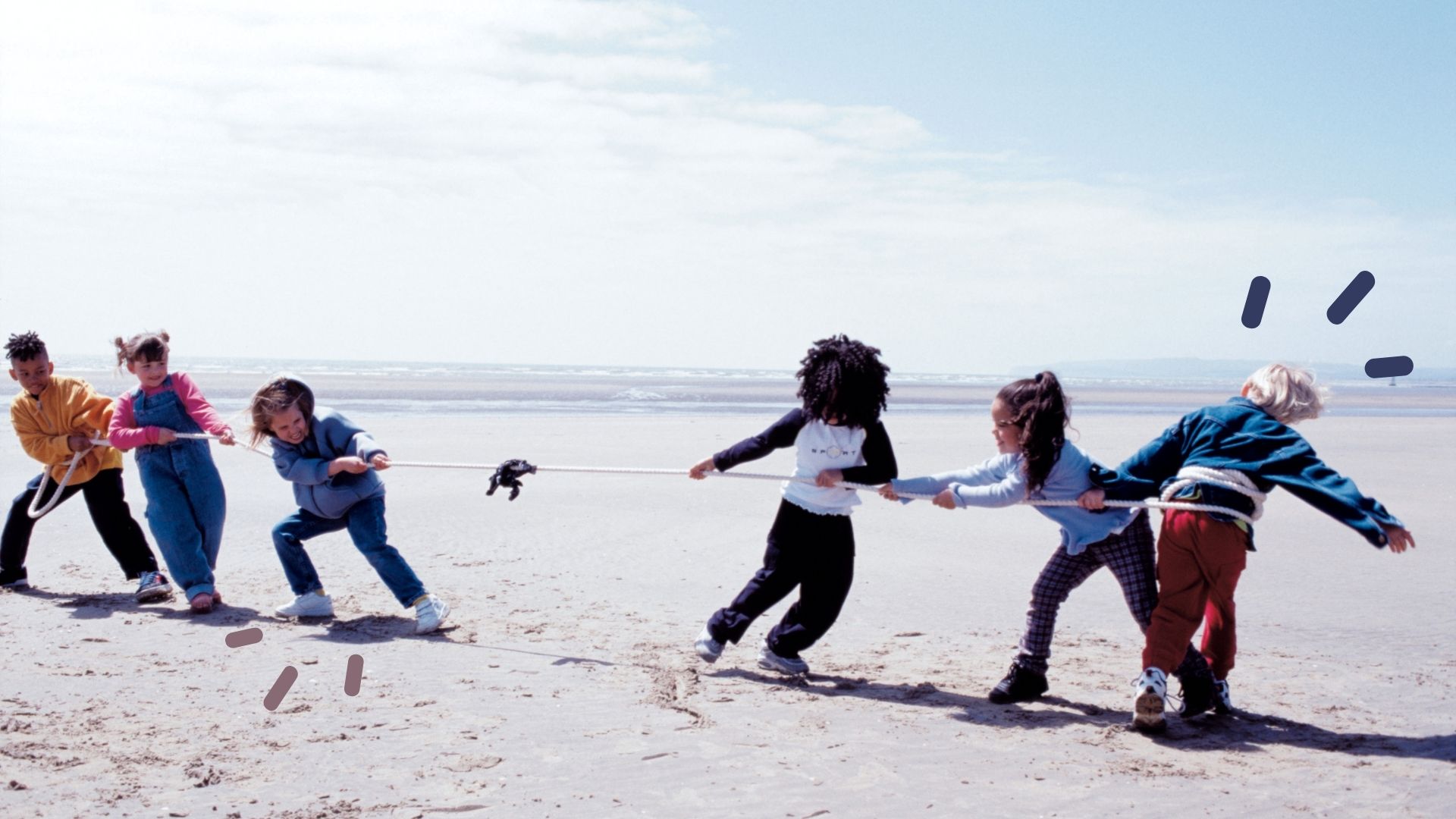
Gender equality is a lesson to teach early and International Women’s Day is a great opportunity to introduce and reinforce ideas around equality and fairness and how to challenge gender stereotypes.
Whether you're wondering how to raise a strong girl or want to learn more about famous women in history with the best International Women's Day quotes, starting the conversation and giving space for kids to lead with curiosity is the first step.
Our Family Editor Stephanie Lowe is passionate about breaking parenting cycles and opening conversations up with our children about gender equality. Here she talks with Kirsty Ketley, a qualified Early Years practitioner and parenting consultant on how to educate kids on gender equality this International Women's Day.
Kirsty says; "Reminding our girls and boys that they can be whoever they want to be, regardless of gender is important, but while we have advanced greatly, there is still work to be done on fairness and equality. By age three, although most children can identify themselves as boys or girls, they are still sorting out the concept of gender (Roberts and Hill, 2003).
"Children's attitudes and beliefs are influenced from as young as two years old, through watching and learning from their parents and carers, and so the support that they do or do not get in the preschool years, lays the foundations for how they view gender roles later in life. Early intervention, therefore, is key."
Here are Kirsty's top five ways to kick-start the education of gender equality.
Five ways to teach gender equality
1. Be a good role model
GoodtoKnow Newsletter
Parenting advice, hot topics, best buys and family finance tips delivered straight to your inbox.
Like with most things parenting, being a good role model is vital. It is our responsibility to nurture and create healthy foundations for our children, and to educate them against stereotypes and discrimination.
Kirsty says; "While we empower young girls to be strong, assertive, self-confident, and self-reliant, we also need to teach young boys to respect and value that empowerment. Girls and boys need to be treated equally by their parents and carers so that they can learn to live on an equal footing.
"Not classifying toys as boy or girl toys or dressing girls only in pink and boys in blue are two simple ways to do this along with sharing household responsibilities equally as they get older. This also means children seeing both mum and dad – or their main female/male role models, doing the washing, cooking, cleaning, and childcare. No ‘pink’ or ‘blue’ jobs. it's a team effort."
2. Talk to your children about what they see and hear While you might raise your child in a non-stereotypical household, they are still be influenced by the world around them - the media, social media, school, and wider family members - particularly the older generation.
"It is important to talk honestly to your kids about what they see and hear," Kirsty says. "Ask them how they feel about it, what it means and ensure that you teach them to challenge stereotypes. This might sound like; “sorry Grandpa, you're wrong…” Reinforce the message of fairness and equality so that they fully understand. If they have questions, answer them honestly and without bias.
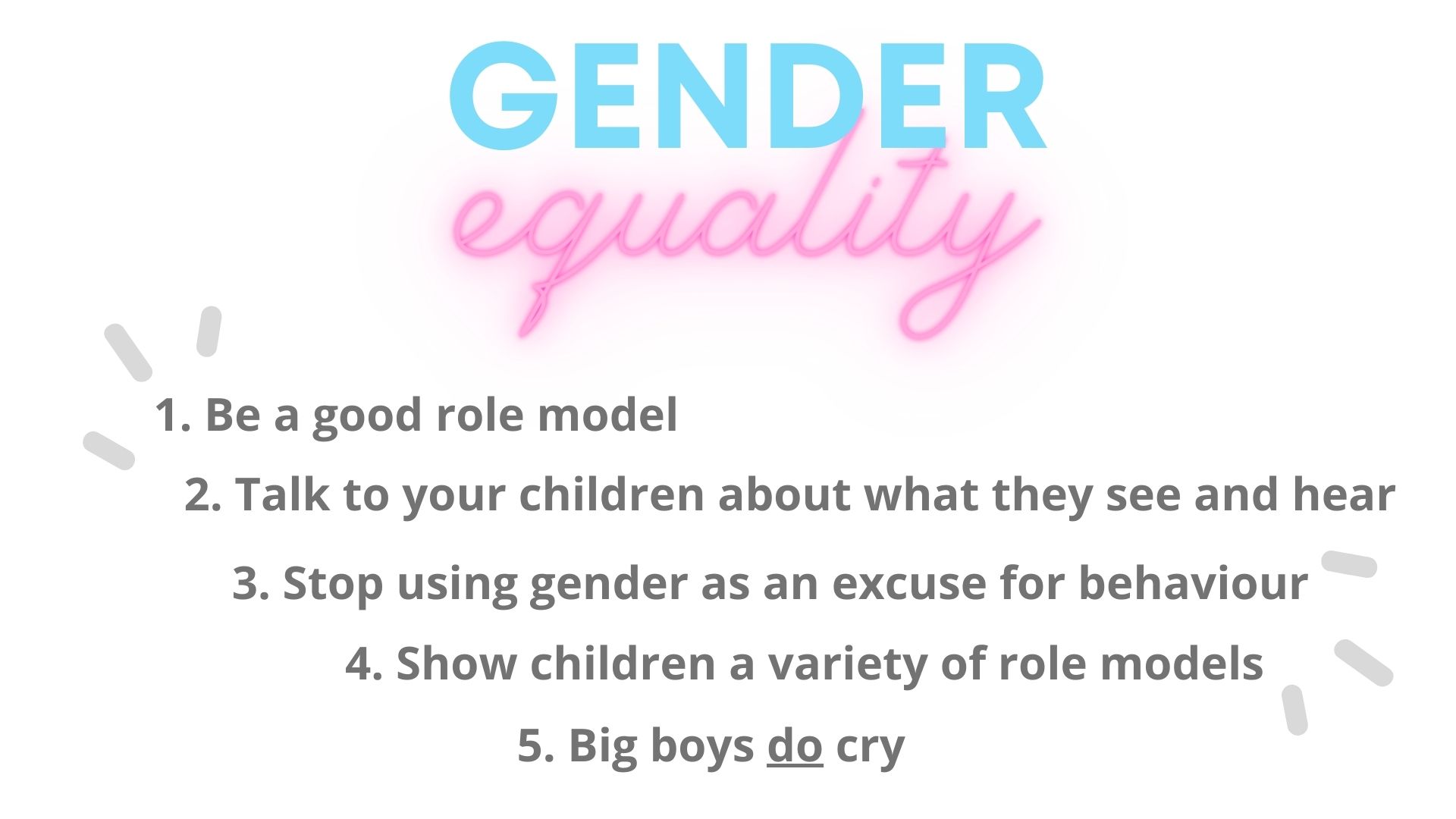
3. Stop using gender as an excuse for behaviour Kirsty insists that it can start from an early age; "From 'boys are harder to potty train than girls' to 'boys tend to be more physical', we throw gender stereotypes for behaviour about all the time. The truth is though, children are children, and all children are different, regardless of gender."
She goes on to say; "When we use gender to make excuses for certain behaviours or explain a particular preference or achievement. We divide them into different boxes, and create differences. 'Boys will be boys' is a phrase that should be banned – in my opinion. It implies that there is only one way to be as a boy and gives an excuse for poor behaviour. While if a girl behaves in the same way she's classed as ‘naughty’, no excuse made."
4. Show children a variety of role models "We need to expose children to a range of both male and female role models. From everyday heroes like women firefighters and male midwives, to historical figures. Talk with your children about how the world has changed and who helped to change it. Teach your children that both men and women shape the world that we live in,"says Kirsty.
5. Big boys do cry All children, regardless of gender, need to learn empathy and compassion. They need to feel comfortable expressing their feelings. This is largely learned from how their parents and carers respond to them when they are sad and upset.
"When children hear 'stop crying like a girl' or 'Big boys don't cry'. These are ‘boy’ and ‘girl’ emotions and there is no place for them. Emotions are emotions, whatever your gender. So, model empathy, validate their feelings – “I understand why you are upset…”, let them see you upset and reassure them that it is okay to cry."
Kirsty ends with; "While there lot of inequality still happens in the world, there have been great leaps forward and hopefully, with the right foundations laid at early stages, our children can create a fairer, more equal future."
Video of the week
Stephanie has been a journalist since 2008, she is a true dynamo in the world of women's lifestyle and family content. From child development and psychology to delicious recipes, interior inspiration, and fun-packed kids' activities, she covers it all with flair. Whether it's the emotional journey of matrescence, the mental juggling act of being the default parent, or breaking the cycle of parenting patterns, Stephanie knows it inside out backed by her studies in child psychology. Stephanie lives in Kent with her husband and son, Ted. Just keeping on top of school emails/fundraisers/non-uniform days/packed lunches is her second full-time job.
-
 The 'incredibly helpful' 30-second rule – liked by nearly 2 million people – that your kid needs to know about
The 'incredibly helpful' 30-second rule – liked by nearly 2 million people – that your kid needs to know aboutThis useful piece of advice is worth remembering for all of us, not just our children
By Adam England
-
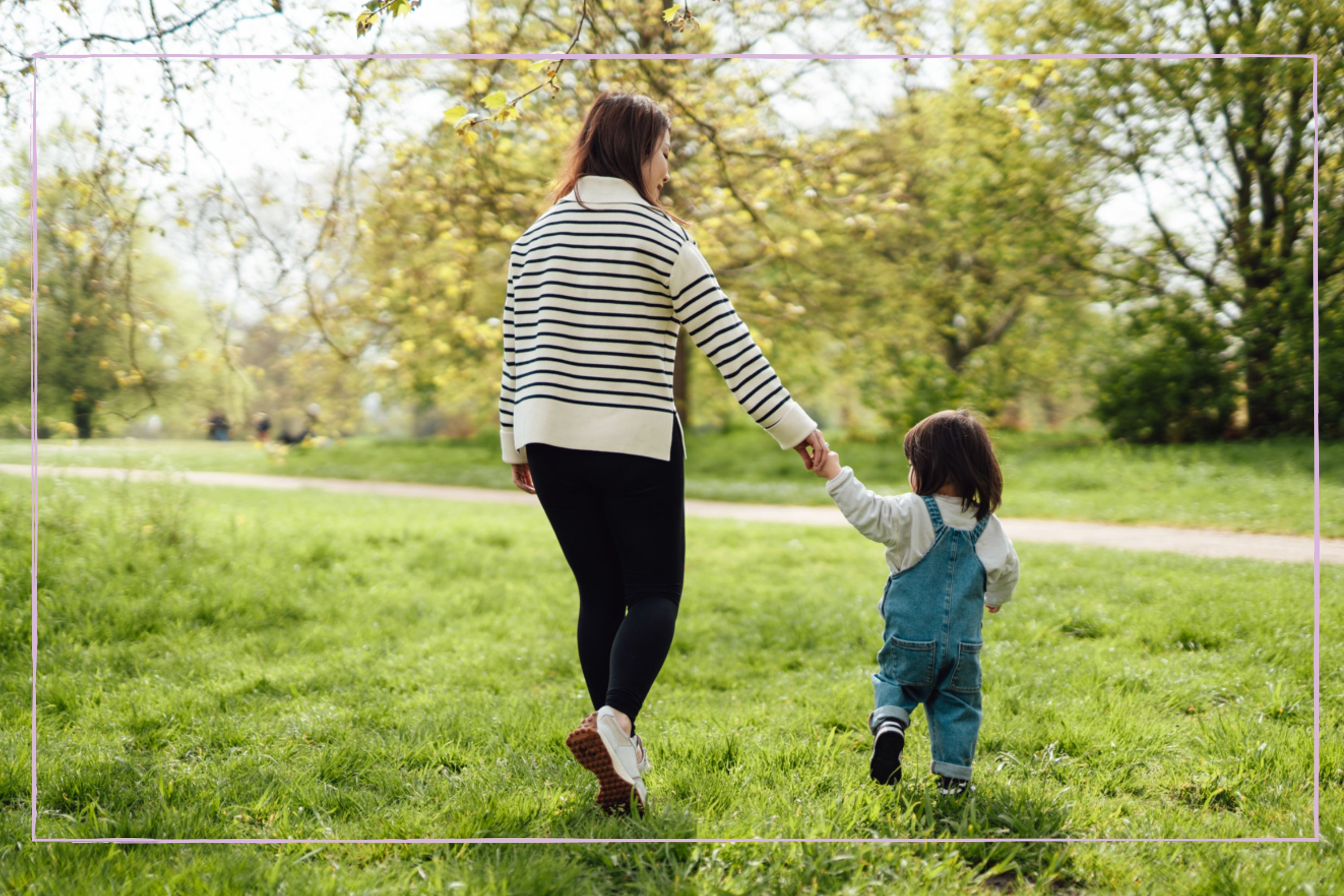 What is ‘sturdy parenting’? Child psychologist Dr Becky explains the benefits of this technique
What is ‘sturdy parenting’? Child psychologist Dr Becky explains the benefits of this techniqueIf you're at a loss when it comes to disciplining your kids, sturdy parenting might help - and it's approved by child psychologist Dr Becky.
By Ellie Hutchings
-
 3 tips to set screen time boundaries from parenting experts Dr Becky Kennedy and Professor Emily Oster - and #1 is an important reminder
3 tips to set screen time boundaries from parenting experts Dr Becky Kennedy and Professor Emily Oster - and #1 is an important reminderStruggling to set screen time boundaries with your kids? Parenting experts Dr Becky Kennedy and Professor Emily Oster have shared three top tips.
By Ellie Hutchings
-
 Could 'lazy parenting' be the next big thing? 2 psychologists share why it can be beneficial for development, but not everyone agrees
Could 'lazy parenting' be the next big thing? 2 psychologists share why it can be beneficial for development, but not everyone agrees'We need more lazy parents' and here's why, according to two child psychologists
By Ellie Hutchings
-
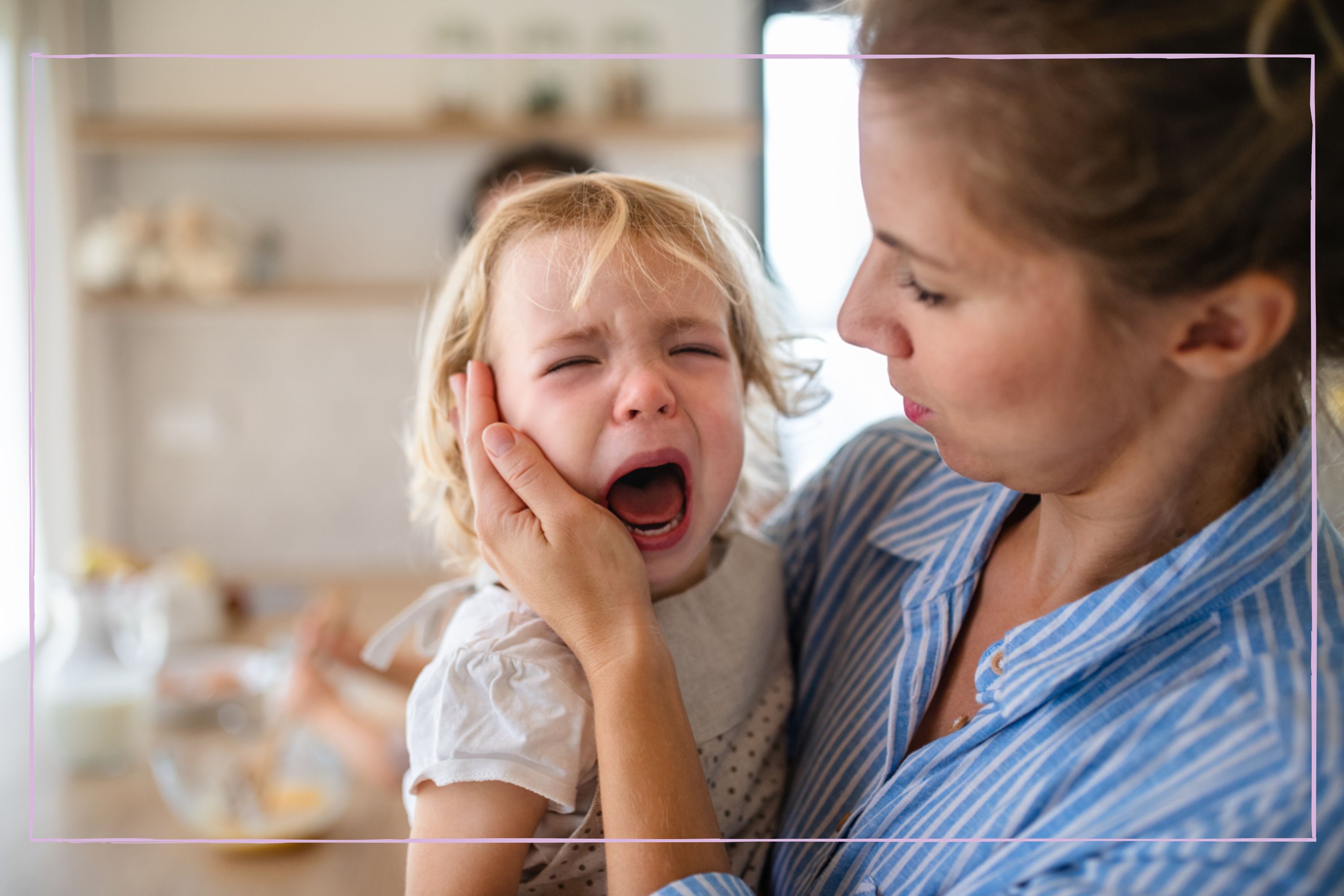 Parents, do you know what H.E.L.P. stands for? Psychologists swear by this acronym to navigate those tough parenting moments we all face
Parents, do you know what H.E.L.P. stands for? Psychologists swear by this acronym to navigate those tough parenting moments we all faceRemember: Halt, Empathy, Limits, Proximity...
By Ellie Hutchings
-
 Sticker charts 'don't work in the long run' says psychotherapist - try these 8 tips to teach kids intrinsic motivation instead
Sticker charts 'don't work in the long run' says psychotherapist - try these 8 tips to teach kids intrinsic motivation insteadOne expert has explained eight things you can do as a parent to help your child develop intrinsic motivation - and it means abandoning the sticker chart.
By Ellie Hutchings
-
 Reflective parenting could help your teenager manage their big emotions, new research shows - here are 5 steps to try
Reflective parenting could help your teenager manage their big emotions, new research shows - here are 5 steps to tryThe teenage years are tough for everyone involved. But research has suggested that an approach known as 'reflective parenting' can be the key to reconnecting.
By Ellie Hutchings
-
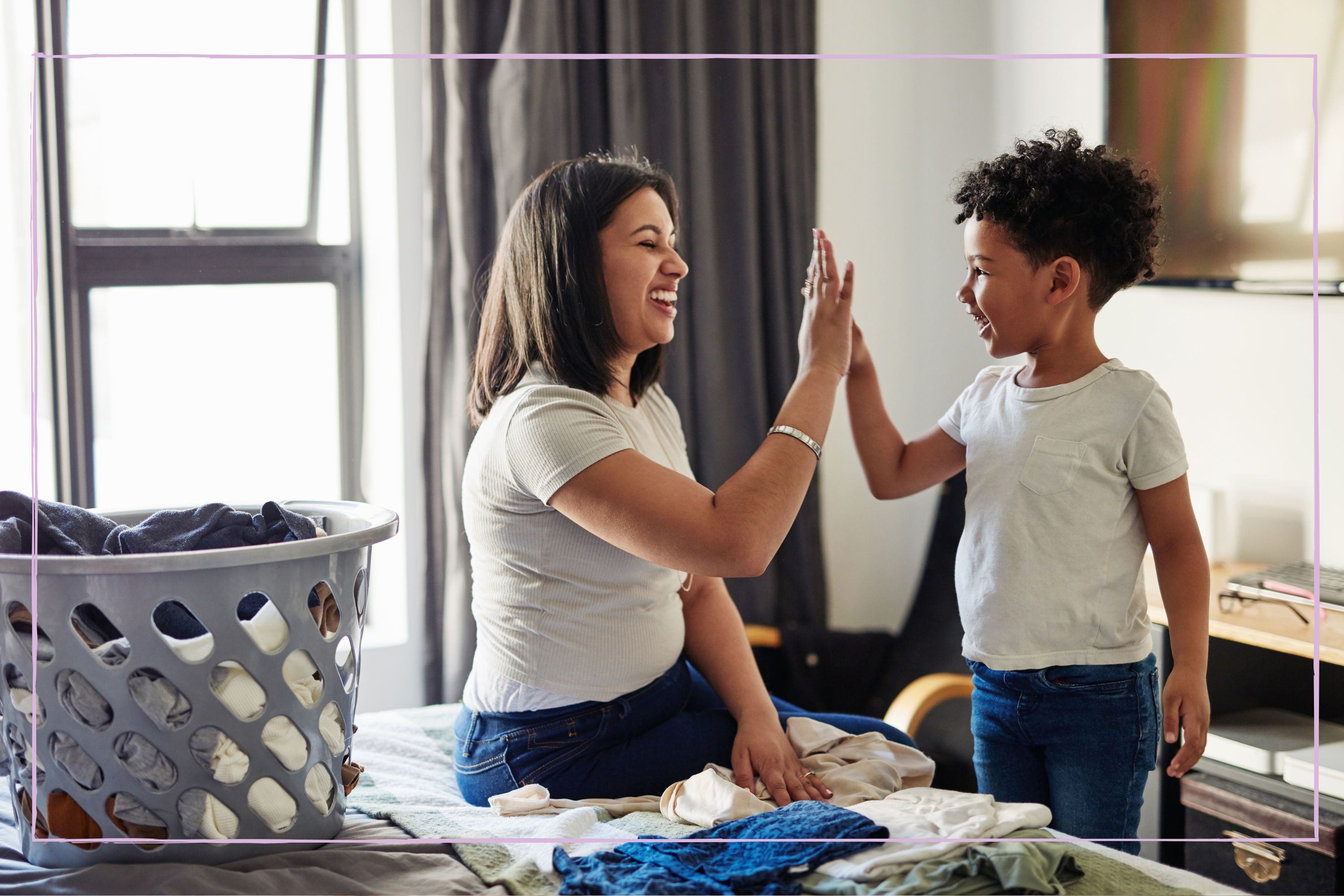 These 5 'game changing' phrases can teach your children about the mental load, according to a psychologist - and it could set them in good stead for adulthood
These 5 'game changing' phrases can teach your children about the mental load, according to a psychologist - and it could set them in good stead for adulthood"Change at home can change society"
By Ellie Hutchings